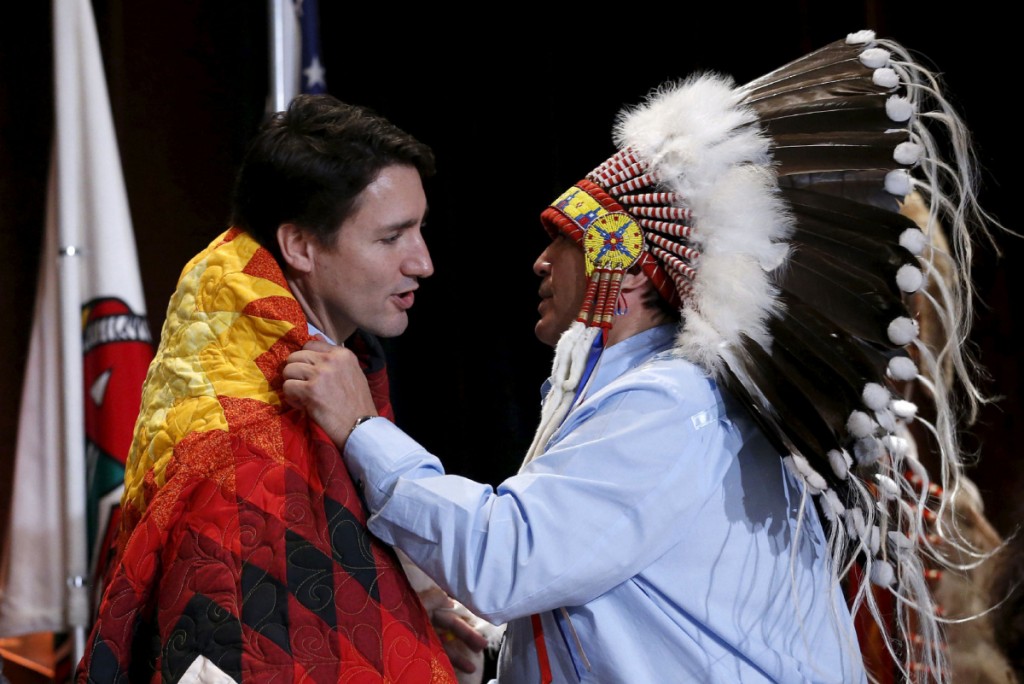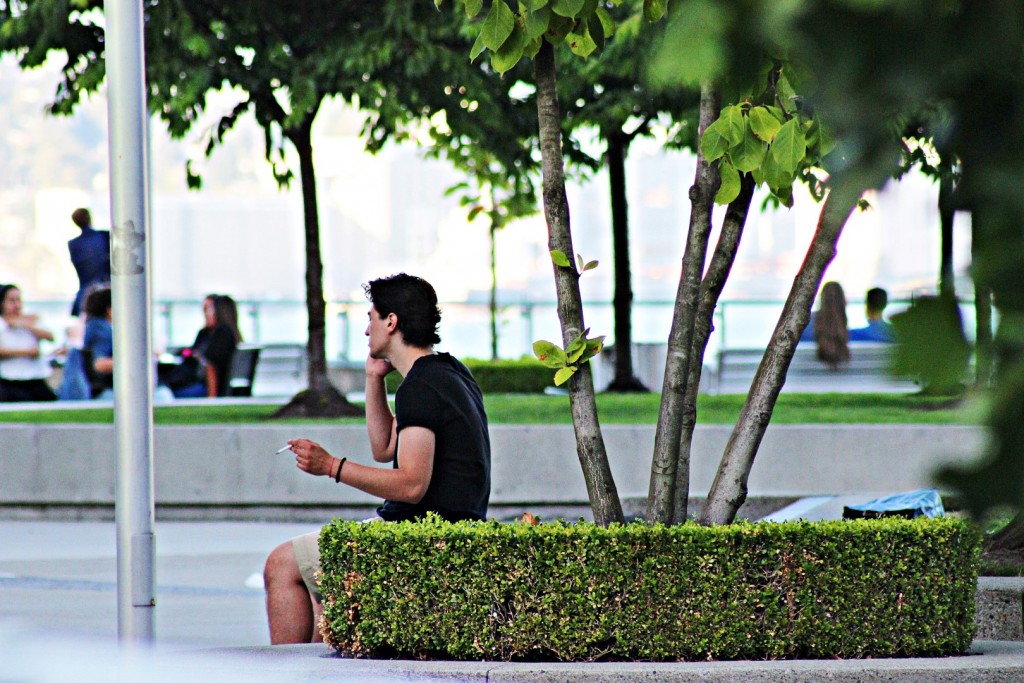
Canada’s 150th and the superficially Indian
By Greg Waldock, Staff Writer
As America staggers, burning and drunk, towards its 241st birthday in July, Canada coasts smoothly towards our 150th a few days earlier.
We’ve had a lot of reasons to feel painfully smug this past year, or to put less cynically: We have a lot of good things in our country worth celebrating. The Canadian government has decided to focus on the most controversial, violent, and oppressive aspect of our history and current society: Indigenous peoples. The sesquicentennial celebrations around the nation will have an emphasis on the local First Nations, Inuit, and Metis cultures of each region. This raises a lot of obviously difficult emotional questions about how the government—and the Canadian public—view the cultures they were trying to smother with a Christian pillow just a few short decades ago.
It’s commendable of the Trudeau government to focus on this societal reality, if it does actually focus on it in a real and meaningful way. So often attempts at “recognizing First Nations contributions to Canada” and “building community bridges with indigenous peoples” end up being a few paintings and totem poles erected, the prime minister attending a ceremonial dance, and absolutely nothing else. This anniversary is gearing up to be the exact same. While showing and spreading indigenous art is crucial to maintaining a unique cultural identity in a tribe or nation and for keeping the general public aware that this large group even exists, it can all seem slightly pointless if it doesn’t cause change to the way we see and act towards a large and diverse part of Canada’s history. Though art is never useless, it sure can feel like pure lip service after a few centuries of neglect.
There’s an opportunity for something real here. Indigenous culture, particularly here in the Pacific Northwest, is incredibly rich and diverse, and largely unexplored in our mainstream media (for better and for worse). After the tragic and inspiring events at Standing Rock in North Dakota, it’s clear that the general public is willing to listen to indigenous issues, if only briefly. If the board responsible for planning the sesquicentennial celebrations can leverage it, we could be seeing some incredibly stories of the pain, power, and complexity behind the thousands upon thousands of indigenous cultures that have been stifled. However, the track record here is so bad that my expectations are low. We might be smug about not electing Donald Trump, but there’s nothing to be proud of in our history regarding the indigenous peoples of North America.



